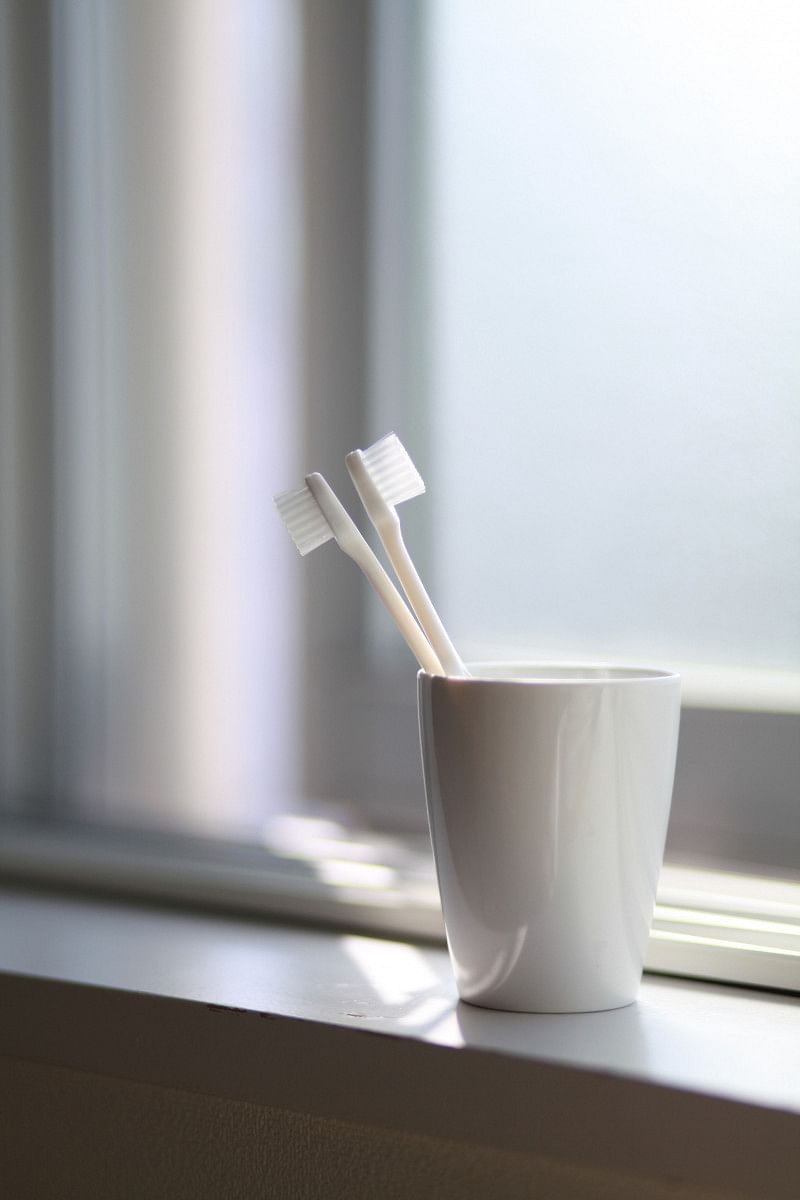For appointments, call (225) 292-6991. Serving Baton Rouge, Gonzales, Denham Springs, and New Roads

Should I Brush my Teeth Before or After Breakfast?
If you're among those who are not sure if they should brush their teeth before or after breakfast, here's to getting an answer to this age-old question. While you may be happy to skip this activity and get right to the coffee and donuts, cleaning your teeth first thing in the morning has its perks.
How many times a day should you brush?
The American Dental Association recommends brushing at least twice a day with a soft bristle brush and fluoride toothpaste. If you wear traditional metal braces, cleaning the teeth more often helps to reduce the chance of food particles getting stuck on the bracket and wires of your dental appliance.
Brushing before breakfast
Why brush then eat? Brushing straight out of bed removes built-up plaque from overnight bacterial activity during sleep and - of course - gets rid of the infamous morning breath. Saliva helps wash away food particles from your teeth and reduce bacterial activity in the mouth during the day. Because saliva production slows during sleep, bacteria gets an opportunity to generate plaque. Overnight bacterial activity is also responsible for morning breath, even though you brushed before bed. So brushing before breakfast protects your gums from infection and reduces the risk of cavities.
Brushing after breakfast
It may not always be practical for you to get to your toothbrush as soon as you open your eyes. As such, you must ensure you brush after your morning meal - but not immediately after. While it helps to remove sugars and stuck-on food, brushing right after is not good for your teeth. For example, acidic food or drink such as orange juice weakens the teeth's enamel. It is best to rinse the mouth with water and wait for about 20 to 30 minutes to brush before flossing. This allows the enamel to remineralize and be less prone to damage.
